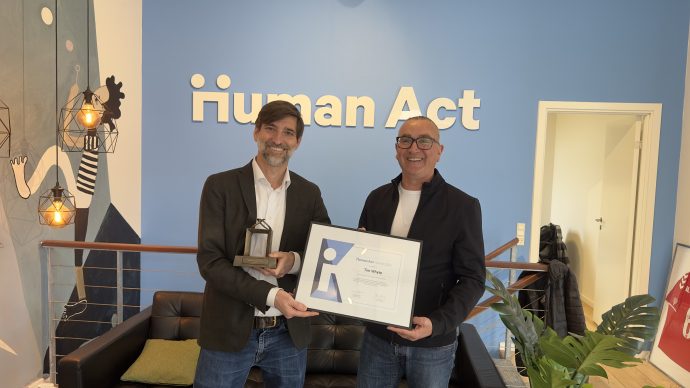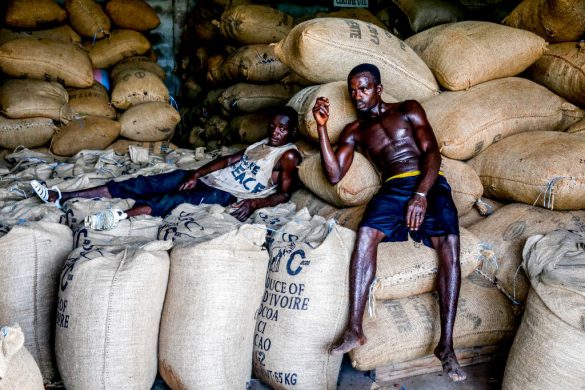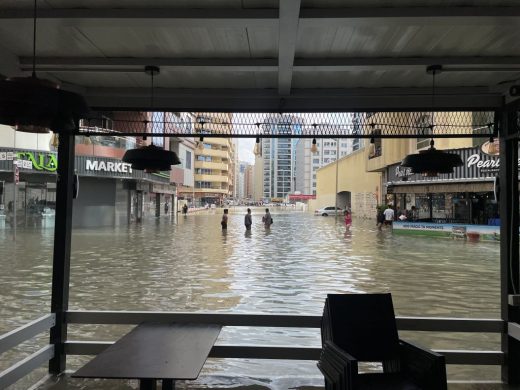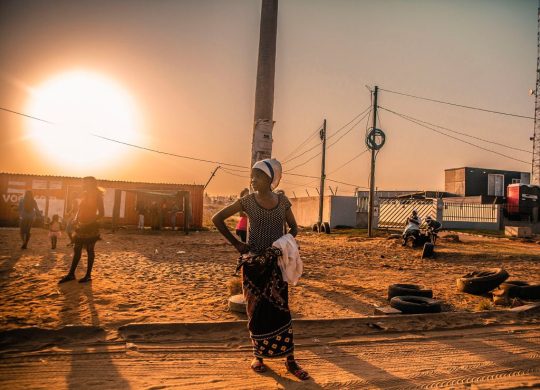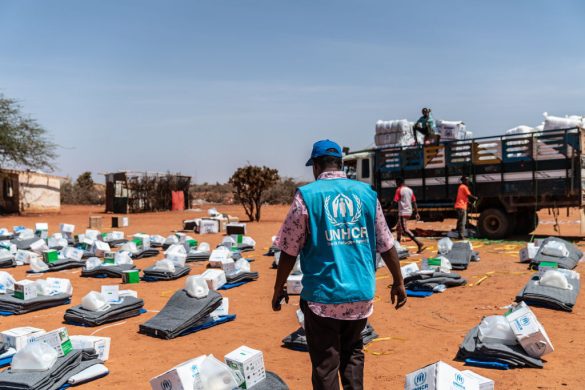MEXICO, 04.04.16 (UNESCO): Linking the development of cities with culture was one of the messages the UNESCO Office in Mexico took to a thematic meeting held in Mexico City – organized in preparation for the Third United Nations Conference on Housing and Sustainable Urban Development (Habitat III) to be held in Ecuador in October 2016.
In collaboration with the group that drafted the Final Declaration of the Thematic Meeting: Financing Urban Development, Ms Nuria Sanz, Head of the UNESCO Office and Representative in Mexico, underscored the important role of culture in sustainable urban development.
Ubernisering nødvendig for bæredygtig udvikling
While focusing on the financial needs of cities, the Final Declaration of the Thematic Meeting stated the need for the “New Urban Agenda”, to be agreed on in October, to be ‘’understood and applied taking into account a wide range of realities and contexts, cultures and historical urban landscapes, avoiding a one-size fits-all approach.’’
The Final Declaration also highlighted urbanization as one of the most important challenges facing humanityin the coming years. Financing sustainable urbanization will allow governments and their partners from the private and social sectors to meet the growing basic needs of the population.
To build on the social, economic and environmental role of culture in cities, UNESCO will release a Global Report on Culture and Sustainable Urban Development at the UN Conference in Ecuador. The Global Report, currently under elaboration by UNESCO in line with the 2030 Agenda for Sustainable Development – with a view to contributing to Habitat III this coming October – will provide a global outline of main trends and propose concrete guidelines on the ways culture can contribute to sustainable urban development.
The Global Report will also consolidate, for the first time, strategic analyses and recommendations to help shape the “New Urban Agenda”, based on data and research resulting from our collaboration with partner institutions covering all regions of the world, in the fields of cultural heritage and the cultural and creative industries.
At the meeting,a wide range of key players came together to debate and propose solutions to strengthen municipal finance. These included local, regional and national authorities, representatives of civil society, intergovernmental organizations, academia and research institutions, the private sector, social enterprises and community based organizations, women and youth.
Udvikling skal ske lokalt
Some of the challenges stated in the Final Declaration included ensuring that local economies are primarily financed by local development and that innovation takes place at the local level.
In addition, the Final Declaration stated the following lines of action: fiscal and financial decentralization; endogenous resources and territory-based financing; access to banking, capital markets and innovative financial intermediation; public-Private Partnerships (PPPs) and new alliances; economic empowerment, capacity building, transparency and accountability.
The Thematic Meeting was organized in collaboration with Mexico’s Ministry of Foreign Affairs; the Ministry of Urban Development and Housing (SEDUVI); the Ministry of Finance (MOF); the Ministry of Agrarian, Land and Urban Development (SEDATU); and the Global Fund for Cities Development.
A number of regional and thematic high-level meetings will take place around the world to debate priorities for the New Urban Agenda ahead of the global UN Conference in October. The final declarations from the regional and thematic meetings will be considered as official inputs to the Habitat III process.




